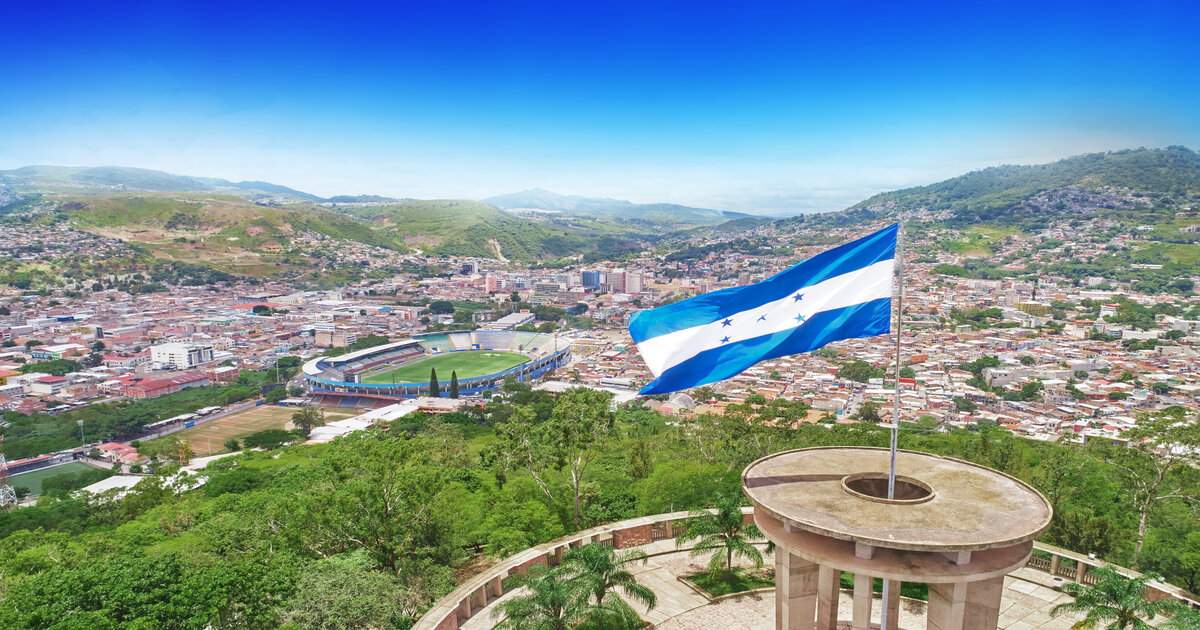In a landmark decision, Próspera ZEDE, a special economic zone in Roatan, Honduras, officially adopted Bitcoin (BTC) as a unit of account. This significant move, announced on January 5, 2024 by Jorge Colindres, Acting Manager and Tax Commissioner of Próspera ZEDE, marks a significant step forward in the integration of cryptocurrency into mainstream financial systems
Less than two years after bitcoin was declared legal tender, this latest development allows legal entities in the zone to use bitcoin to measure the market value of goods and services. It symbolizes the move towards greater financial freedom for individuals and businesses, offering them the freedom to transact, keep accounts and report taxes in the currency of their choice.
However, this transition is not without its complexities. Initially, tax liabilities for entities that choose Bitcoin will be calculated in terms of BTC, but reported in US dollars or Honduran lempiras. This temporary measure is due to technological limitations in Próspera’s e-governance system and external regulatory challenges. The ultimate goal, as stated by Colindres, is to implement a “BTC Tax Final Payment Procedure” allowing entities to report and pay tax obligations directly in Bitcoin once existing issues are resolved.
Entities interested in accepting Bitcoin as their unit of account must formally notify the Próspera Tax Commission within 30 days of the relevant tax period, citing an approved cryptocurrency exchange, such as Coinbase or Kraken for that matter.
Próspera ZEDE, established in May 2020 on the northern island of Roatan, is a pioneer in integrating cryptocurrency into its economic structure. The acceptance of Bitcoin as legal tender in April 2022, followed by this recent recognition of Bitcoin as a unit of account, positions Próspera as a pioneering force in the crypto sphere. Furthermore, Próspera’s progress is not limited to cryptocurrency adoption, but also drives significant economic growth. In its three years of operation, the zone has reportedly attracted more than $100 million in investment and created more than 3,000 jobs, underscoring its role as a competitive regime in Latin America.
Image source: Shutterstock

